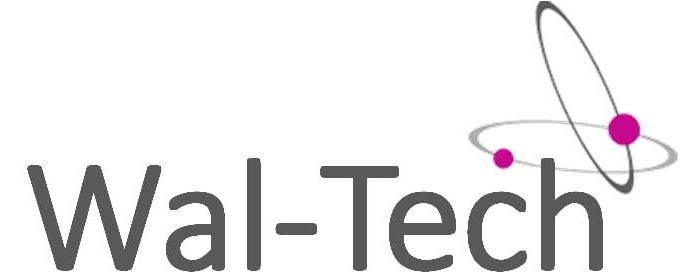Overview of the speakers
Transforming "first milk" into a premium ingredient
From Marche-en-Famenne, European Colostrum Industry (ECI) collects bovine colostrum from partner farms, microfilters it, and then atomizes it into a powder rich in immunoglobulins. Blockchain traceability, ISO 9001 certification, and a patent for low-temperature extraction make this scale-up a European pioneer in immuno-nutrition, capable of moving from Ardennes housing to a sports supplement packet sent to Seoul in six days. A dedicated line for pet food will be launched this winter.
Giving a second life to brewery spent grains
In Trooz, Linatelle has tamed spent grain – this malty residue – to create crackers, granolas, and bars where 20% of the flour is replaced. Toasted flavor, fiber, reduced carbon footprint: the startup proves that the circular economy can crunch in your mouth. A low-energy extruder co-funded by a neighboring brewery seals the local symbiosis.
Localizing the production of a superfood
In Rossignol, the Spiruline de Gaume operates under low-energy greenhouses with turquoise pools where each kilogram of microalgae captures two kilograms of CO₂. Dried at 42 °C, pressed into emerald green tagliatelle, spirulina nourishes canteens, bulk grocery stores, and sports ranges, demonstrating that a tropical superfood can become a continental terroir. The farm is testing nearby geothermal energy to further reduce its footprint. Waloval: a catalyst for the circular valuation of agri-food by-products.
Waloval: catalyst for the circular valorization of agri-food co-products
Coordinated by the Wagralim hub, the Waloval project (under the Circular Wallonia label) goes beyond mere mapping to become a true lever for circular innovation. By targeting four Walloon co-products — wheat bran, rapeseed cake, brewery spent grain, and apple or pear pomace — Waloval explores their valorization potential. Prefeasibility tests in laboratories, conducted with Gembloux Agro-Bio Tech (ULiège) and Celabor, evaluate the processing methods. At the same time, BtoB market analyses identify opportunities for functional ingredients such as fibers enhancing the Nutri-Score, egg substitutes, or gluten-free solutions. The project also includes a reflection on shared logistics and innovative business models.
Health and nutrition: research supporting SMEs
The CER Group (Marche-en-Famenne) is a leading player supporting human and animal health by providing products, research, and services to companies active in the fields of biotechnology, pharmaceuticals, food safety, and agriculture. Through its applied research, the CER is notably exploring innovative avenues to enhance the value of resources from the agri-food sectors, in a circular and sustainable logic. The research center also co-leads the IIS FoodBooster with ULiège, which is a group of stakeholders in the functional ingredients sector. One of its focuses is to improve the circularity and sustainability of agri-food companies by valorizing co-products and promoting local supply chains.
Meet in Marche en Famenne at the heart of the scientific park of the province, at the Novalis Business Center, on September 16th from 12:00 to 14:00, for a 'lunch & learn' format. Free registration but mandatory. Limited places.


